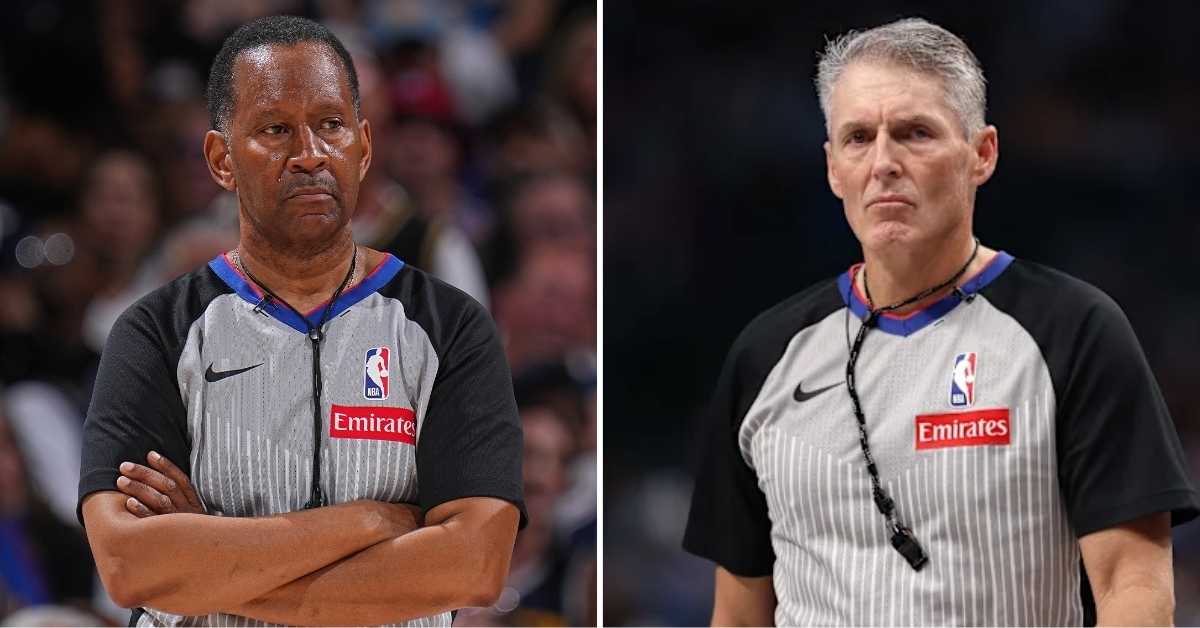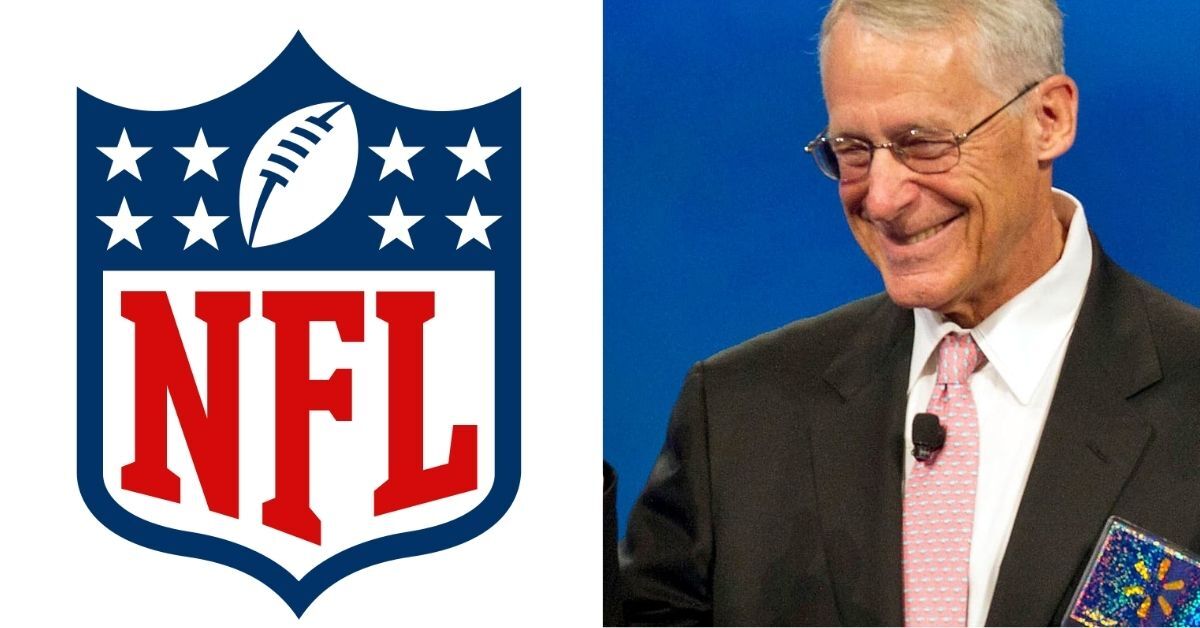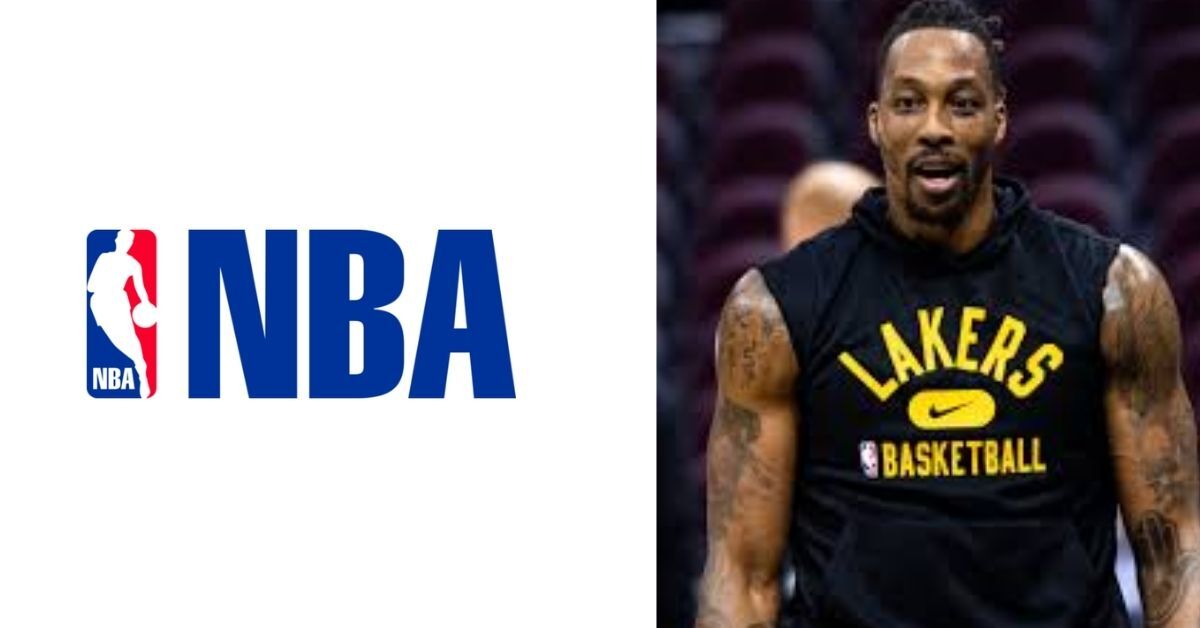Have you ever thought about how much NBA referees earn? The striped-shirt officials make key calls that can affect million-dollar games. This shows their skills, and the pressure they face each night justifies their salary.
Officiating in professional basketball is one of the most-watched jobs in sports.
These referees must stay in top shape, focus intensely, and make tough calls in front of thousands of fans and millions watching at home.
Looking into NBA referee pay shows how much the league invests in keeping the game fair and ensuring quality officiating.
NBA Referee Salary Breakdown (2025)
Here’s a full look at what NBA referees earn based on their experience level:
| Referee Experience Level | Estimated Salary Range | Pay Per Game | Notes |
|---|---|---|---|
| Rookie | $250,000 – $300,000/year | $1,500 | Entry-level NBA officials |
| Mid-Level (3–5 yrs) | $350,000 – $500,000/year | $2,500 | More consistent schedule & travel |
| Senior/Veteran | $500,000 – $700,000/year | $3,500+ | 5+ years of experience, top-tier performance |
| Playoff Referees | $800 – $5,000 per playoff game | — | Bonus pay for selected officials |
| Finals Referees | Up to $30,000 per game | — | Highly selective; elite performance only |
As we can see from the table above, the referee salaries in the NBA increase significantly with experience.
NBA Playoffs and Finals selections can bring lucrative bonuses, reserved for the league’s best performers who demonstrate consistent excellence throughout the regular season.
How Much Do NBA Referees Get Paid?
NBA referees earn between $150,000 and $700,000 annually, with most experienced officials falling in the $375,000 to $550,000 range.
In 2022, the NBA and the referee association reached a new collective agreement that will last until 2029.

However, exact figures remain confidential since the NBA doesn’t publicly disclose referee salaries, making these educated estimates based on industry reporting and collective bargaining agreement details.
Salary Factors: What Influences NBA Referee Pay?
NBA referee income depends on several key variables that determine their earning potential and career trajectory.
Experience:
Years of service directly correlate with salary increases, following a structured scale that peaks at the 30-year mark.
Each season adds incremental value to an official’s base compensation. The league rewards longevity and accumulated knowledge through systematic pay progression.
Game Assignments:
Regular season games provide baseline income, while playoff assignments offer substantial bonuses for selected officials.
Finals referees receive premium compensation reflecting the heightened stakes and global audience.
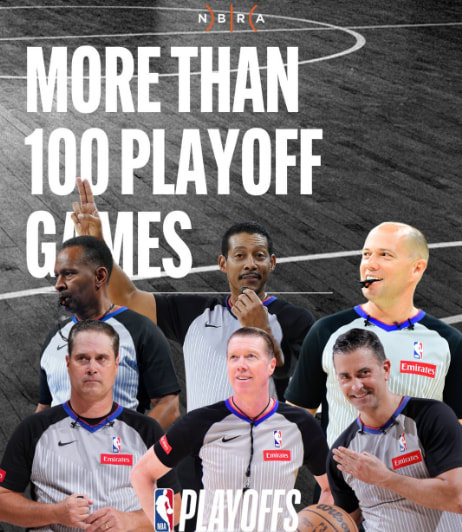
Assignment frequency throughout the season significantly impacts total annual earnings.
Performance Reviews:
Continuous evaluation determines promotion opportunities and salary advancement within the referee hierarchy.
Strong performance ratings lead to increased game assignments and postseason opportunities.
Poor evaluations can limit earning potential and career advancement prospects.
Seniority Status:
Senior officials receive priority scheduling, better travel accommodations, and access to high-profile matchups.
Veteran status unlocks maximum salary tiers and exclusive playoff assignment consideration.
The seniority system protects experienced referees while maintaining competitive standards.
League Changes:
Collective bargaining agreements periodically adjust compensation structures and benefit packages for all officials.
Rule modifications may require additional training compensation or specialised assignment premiums.
Economic factors influence overall salary cap allocations for referee expenses.
NBA Referees’ Perks & Benefits With Salary
NBA referees don’t just earn salaries; they also receive valuable extras that enhance their overall compensation package:
Travel Perks:
Officials enjoy first-class flights to all game destinations, eliminating the fatigue associated with frequent travel.
Premium hotel accommodations ensure proper rest between assignments in different cities.

Daily meal allowances cover dining expenses during road trips and extended travel periods.
Insurance:
Comprehensive health coverage protects referees and their families against medical expenses throughout their careers.
Dental and vision benefits maintain overall wellness standards required for peak performance.
The league provides additional coverage for work-related injuries sustained during games.
Retirement:
Robust 401(k) plans allow officials to build substantial nest eggs through employer matching contributions.
Pension benefits provide long-term financial security after completing their officiating careers.
Vesting schedules reward career longevity with enhanced retirement packages.
Off-Season:
Extended paid breaks during the summer months allow referees to pursue personal interests and family time.
Some officials work summer leagues for additional income, while others focus on training and preparation.
The off-season provides an opportunity for recovery from the demanding regular season and playoff schedule.
NBA Referee Salaries Compared With Other Leagues
Here’s how NBA referee compensation stacks up against other major professional sports:
| League | Average Referee Salary | Notes |
|---|---|---|
| NBA | $375,000 – $550,000 | Bonuses for playoff/finals games |
| NFL | $205,000 – $250,000 | Fewer games per season |
| MLB | $300,000 – $450,000 | Longer season, higher travel load |
| NHL | $165,000 – $360,000 | Lower average, fewer viewers |
NBA referees earn the highest average salaries among major sports leagues, reflecting basketball’s global popularity and revenue generation.
The combination of regular-season pay and playoff bonuses creates superior earning potential compared to other professional officiating roles.
Top 4 Highest-Paid NBA Referees
While exact salary figures remain confidential, the most senior NBA referees likely earn top-tier compensation based on their experience and playoff appearances.
1. James Capers
Capers is a veteran official with a lot of playoff experience. He has worked several NBA Finals and stands at the top of professional basketball game officiation.
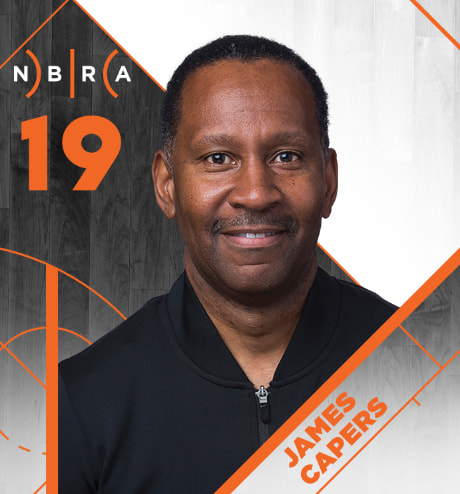
His decades of service and consistent performance evaluations position him among the league’s highest-compensated referees.
Capers’ reputation for handling high-pressure situations makes him invaluable during crucial postseason matchups.
2. Scott Foster
Despite controversial moments throughout his career, Foster’s seniority and regular playoff assignments suggest substantial earnings within the referee hierarchy.
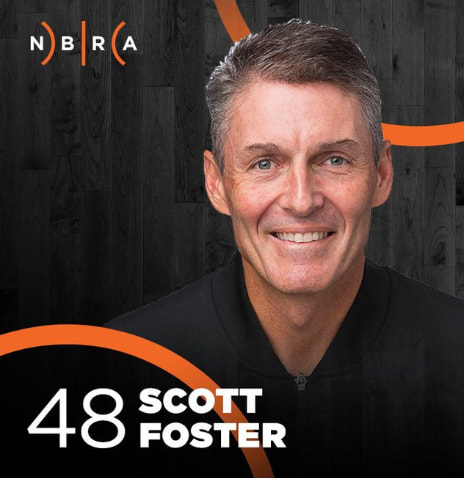
His 30-year tenure demonstrates the league’s continued confidence in his abilities despite public criticism.
Foster’s experience in Finals games and marquee matchups contributes to his elevated compensation status.
3. Tony Brothers
Known for his animated officiating style, Brothers has accumulated significant tenure and playoff experience throughout his NBA career.
His consistent assignment to important games indicates strong internal evaluations despite fan criticism.

Brothers’ longevity and postseason appearances likely place him among the league’s top-earning officials.
4. Sean Corbin
A respected veteran with extensive Finals experience, Corbin represents the elite tier of NBA officiating talent.
His calm demeanour and consistent performance in high-pressure situations have earned him regular playoff assignments.
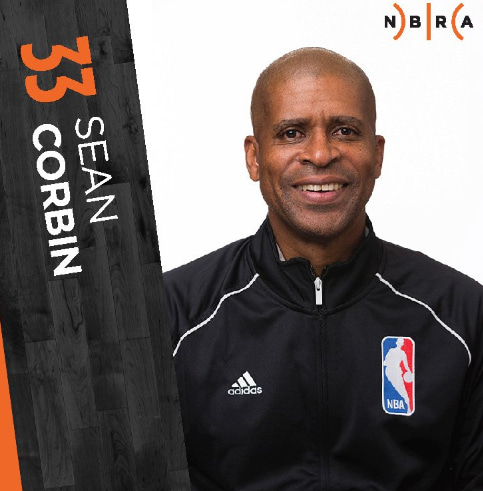
Corbin’s reputation among players and coaches contributes to his status as a premium-compensated referee.
Note: The NBA doesn’t publicly release exact referee salaries, so top-earner names are based on tenure and playoff appearances.
Are NBA Referee Salaries Justified?
NBA referee compensation reflects the immense pressure, physical demands, and expertise required for professional basketball officiating.
These officials manage fast-paced games involving elite athletes while facing constant scrutiny from fans, media, and coaches.
Their salaries align with the league’s multi-billion-dollar revenue and the critical role they play in maintaining competitive integrity and game flow.
Related Read:
Conclusion: The NBA doesn’t disclose exact referee salaries publicly, but annual earnings typically range from $150,000 to $700,000
NBA referee salaries reflect the demanding nature of professional sports officiating and the league’s commitment to maintaining high standards.
These officials earn substantial compensation commensurate with their expertise, pressure, and the revenue they help generate. The path to NBA officiating requires years of development, continuous training, and exceptional performance under intense scrutiny.
While the financial rewards are significant, they represent fair compensation for one of sports’ most challenging professions.
Understanding referee compensation provides insight into the NBA’s operational structure and the value placed on maintaining game integrity at the highest level of professional basketball.
FAQs
NBA referees earn between $1,500 and $3,500 per game, with pay varying based on their experience level.
Yes, referees can earn playoff bonuses, with up to $10,000 awarded for officiating each Finals game.
Yes, being an NBA referee demands a full-time, year-round commitment involving travel, training, and constant evaluations.
To become an NBA referee, you need experience, attend training camps, and successfully pass the NBA’s rigorous evaluations.
NBA referees don’t receive fines for bad calls, but poor performance can lead to fewer game assignments.
